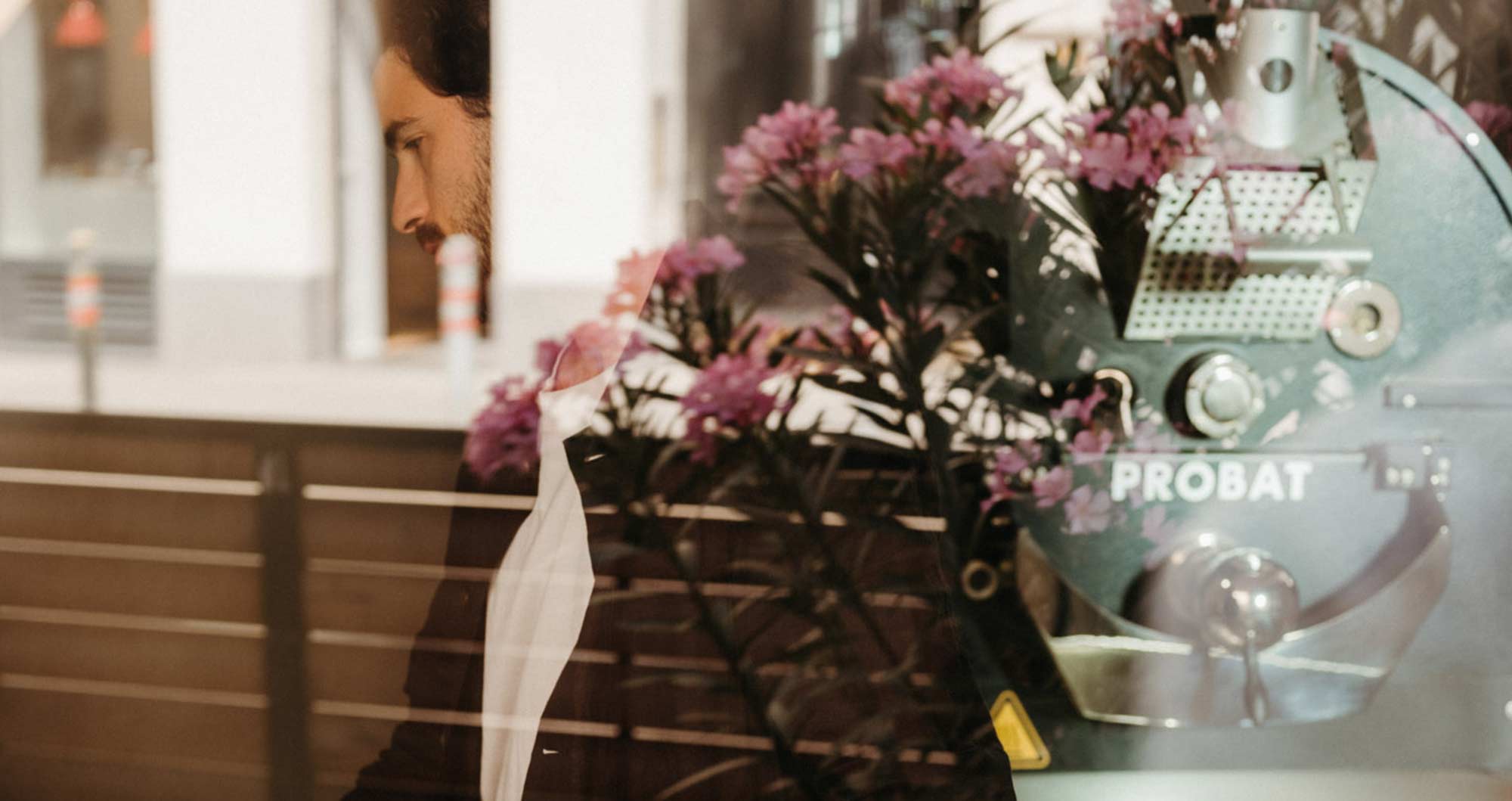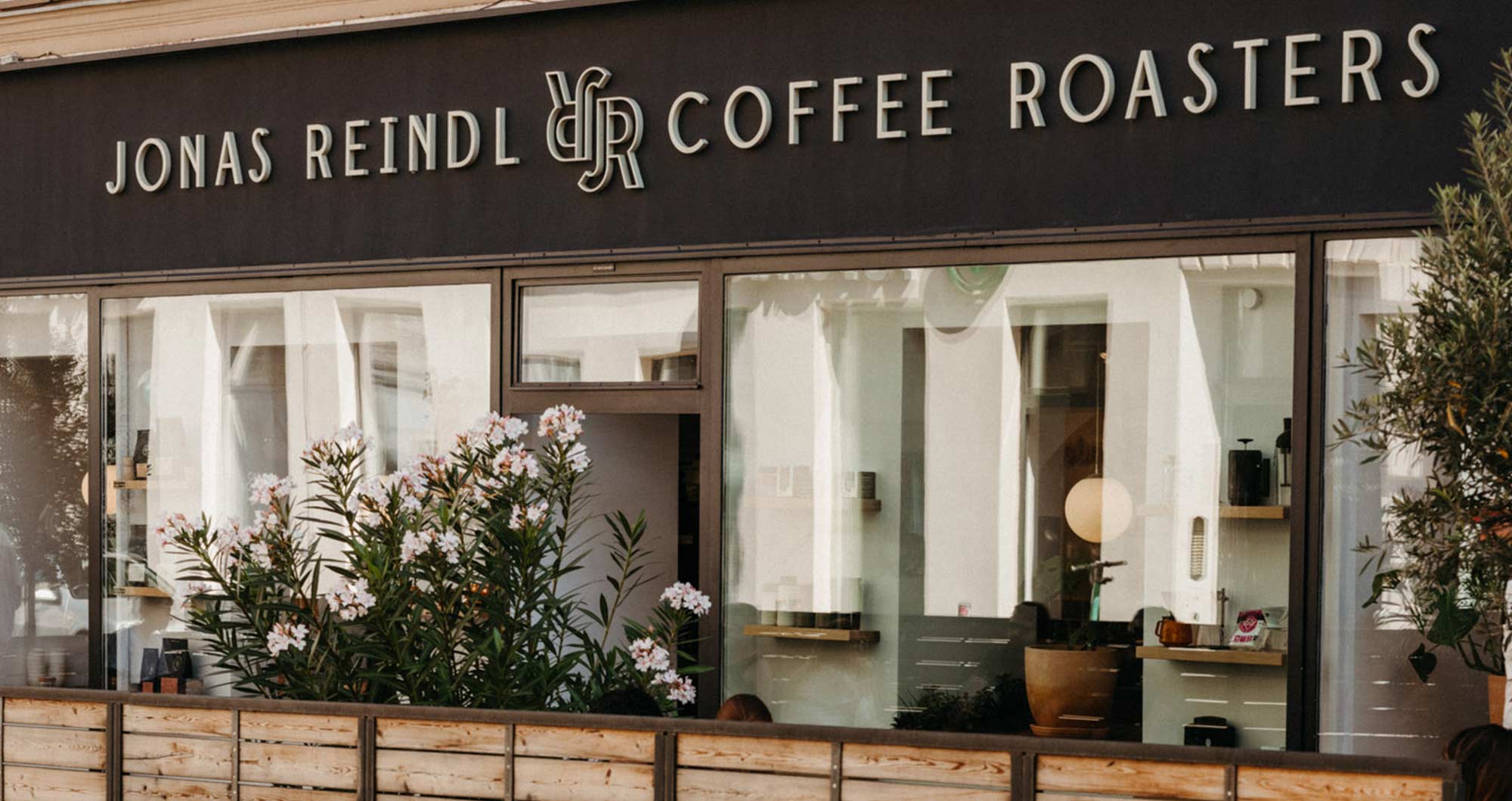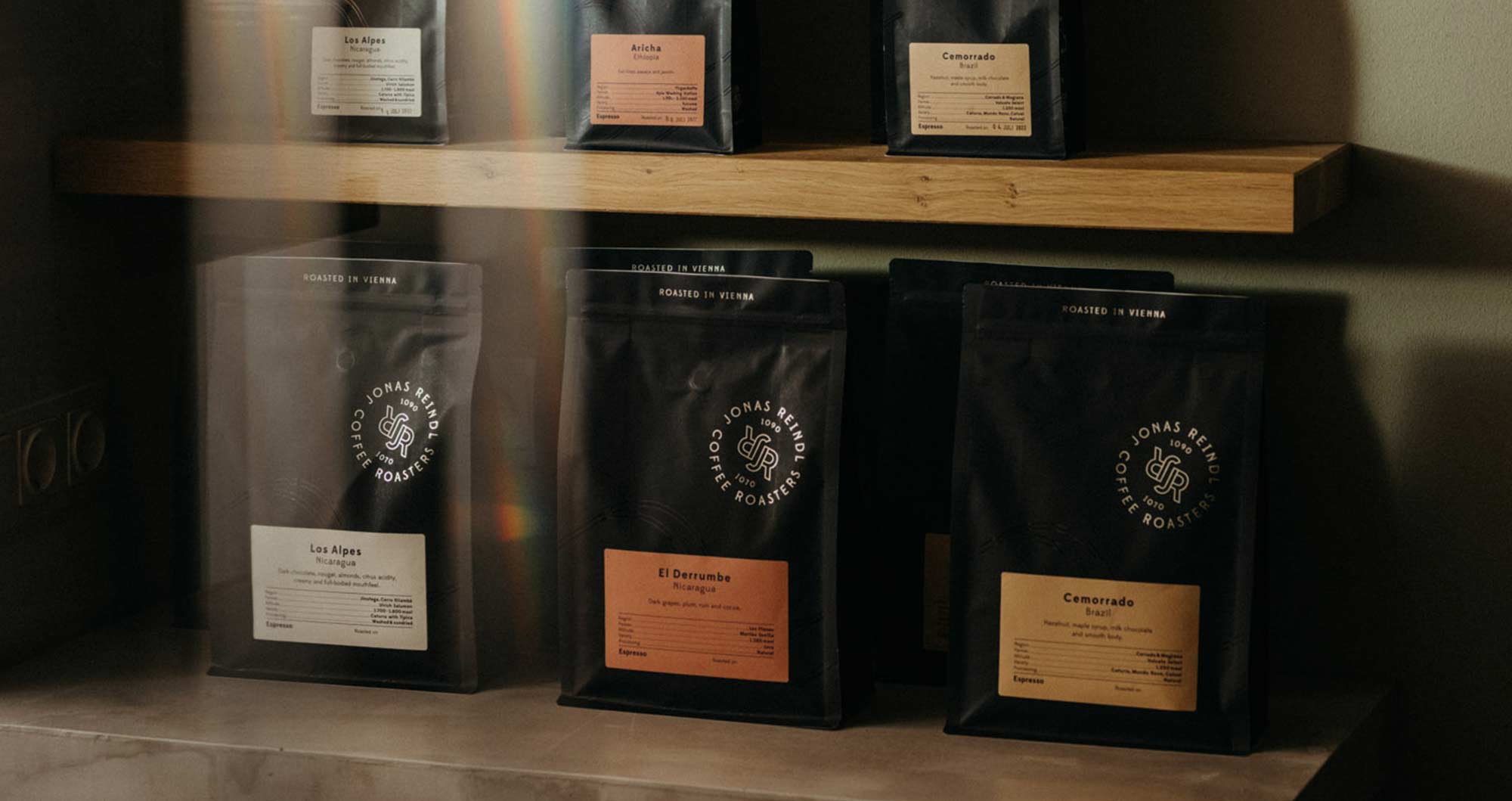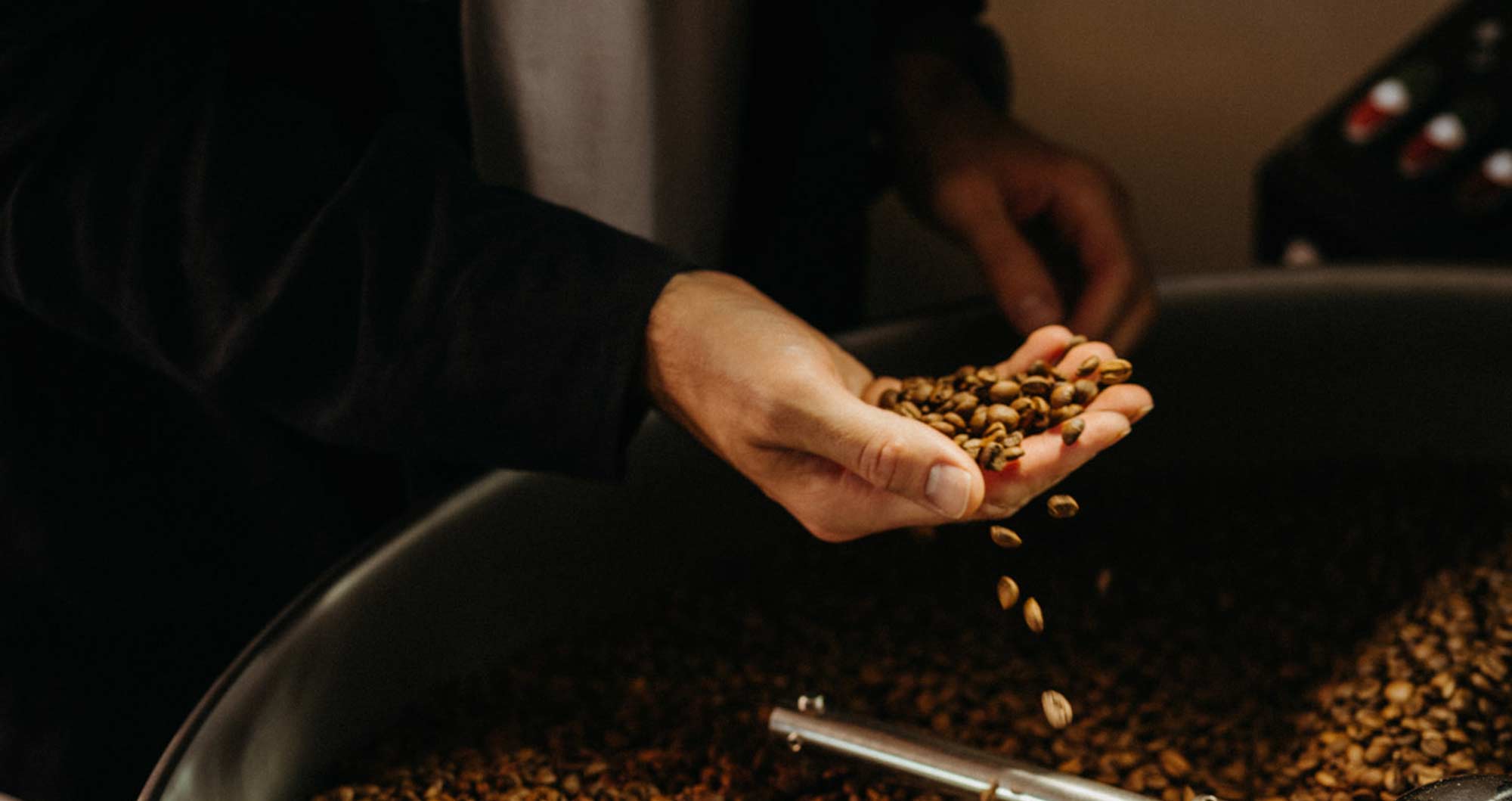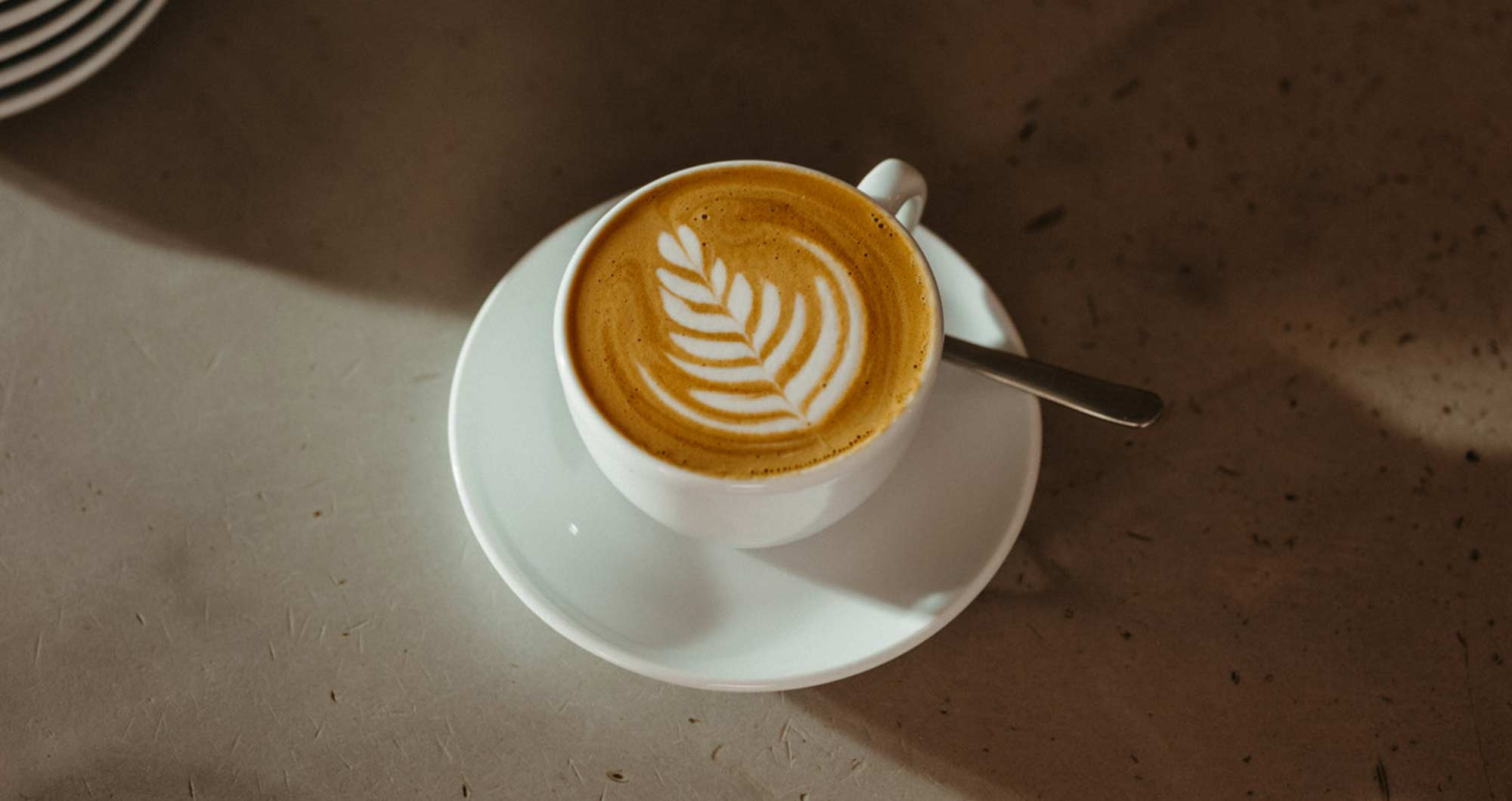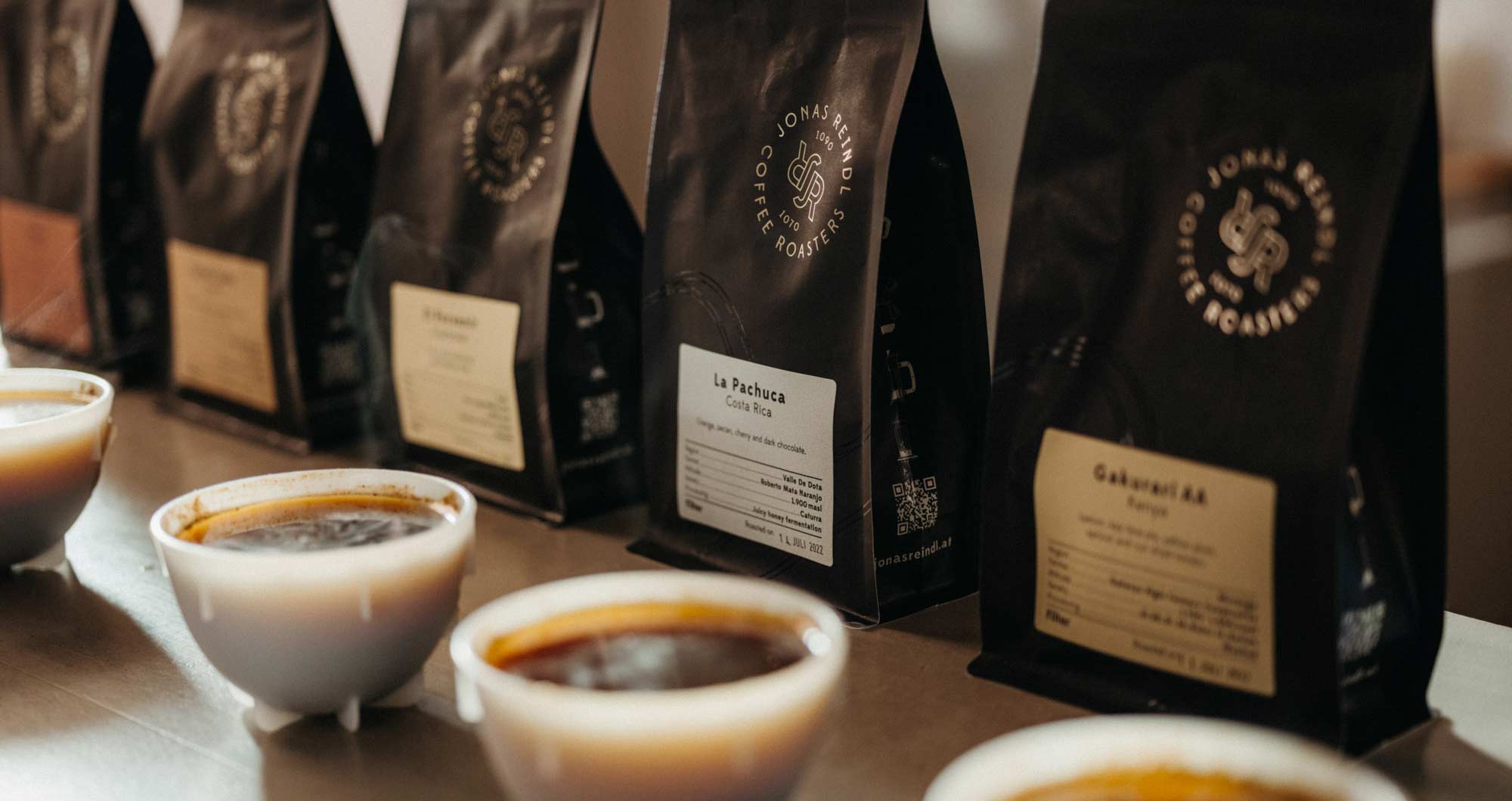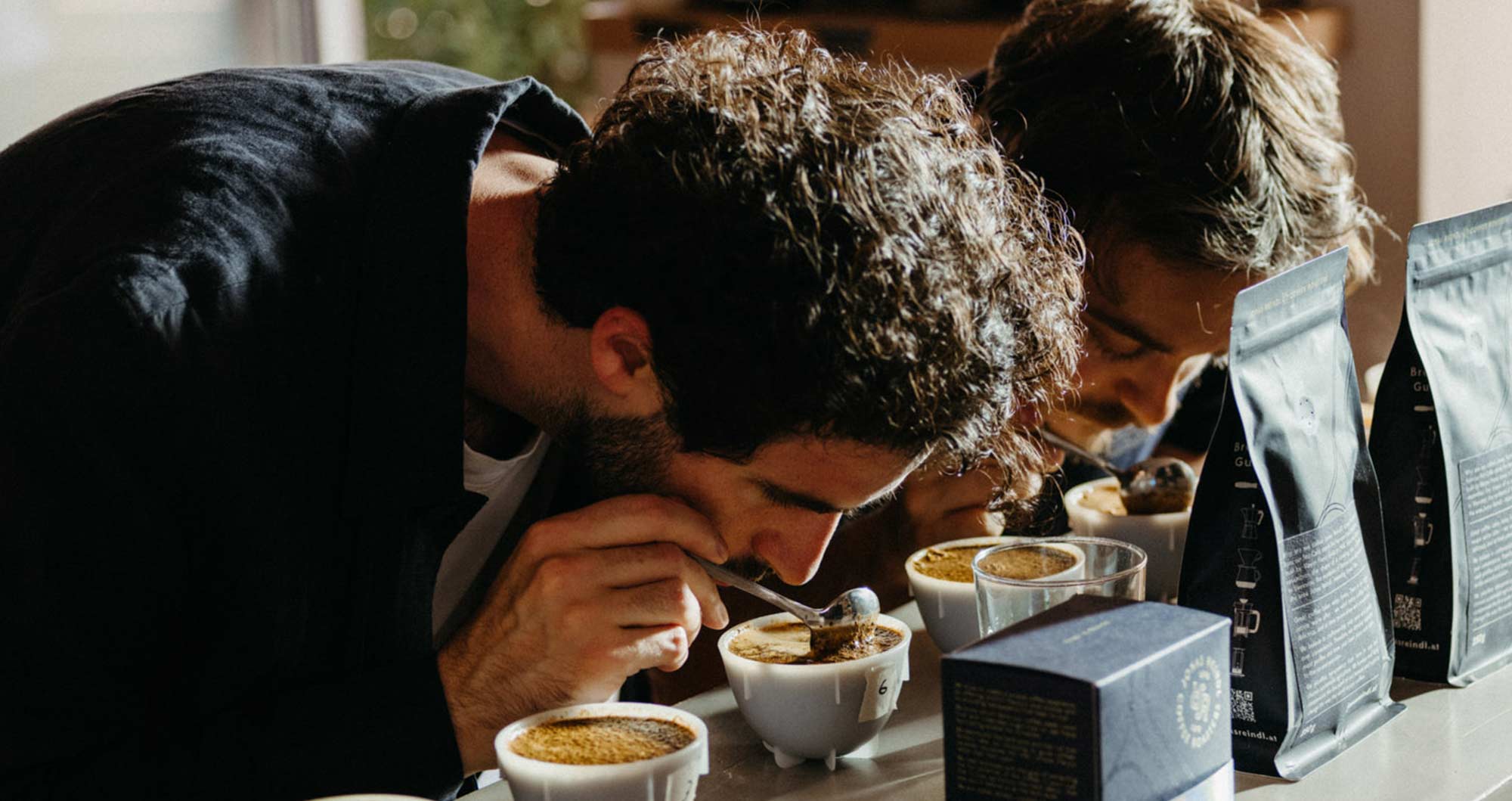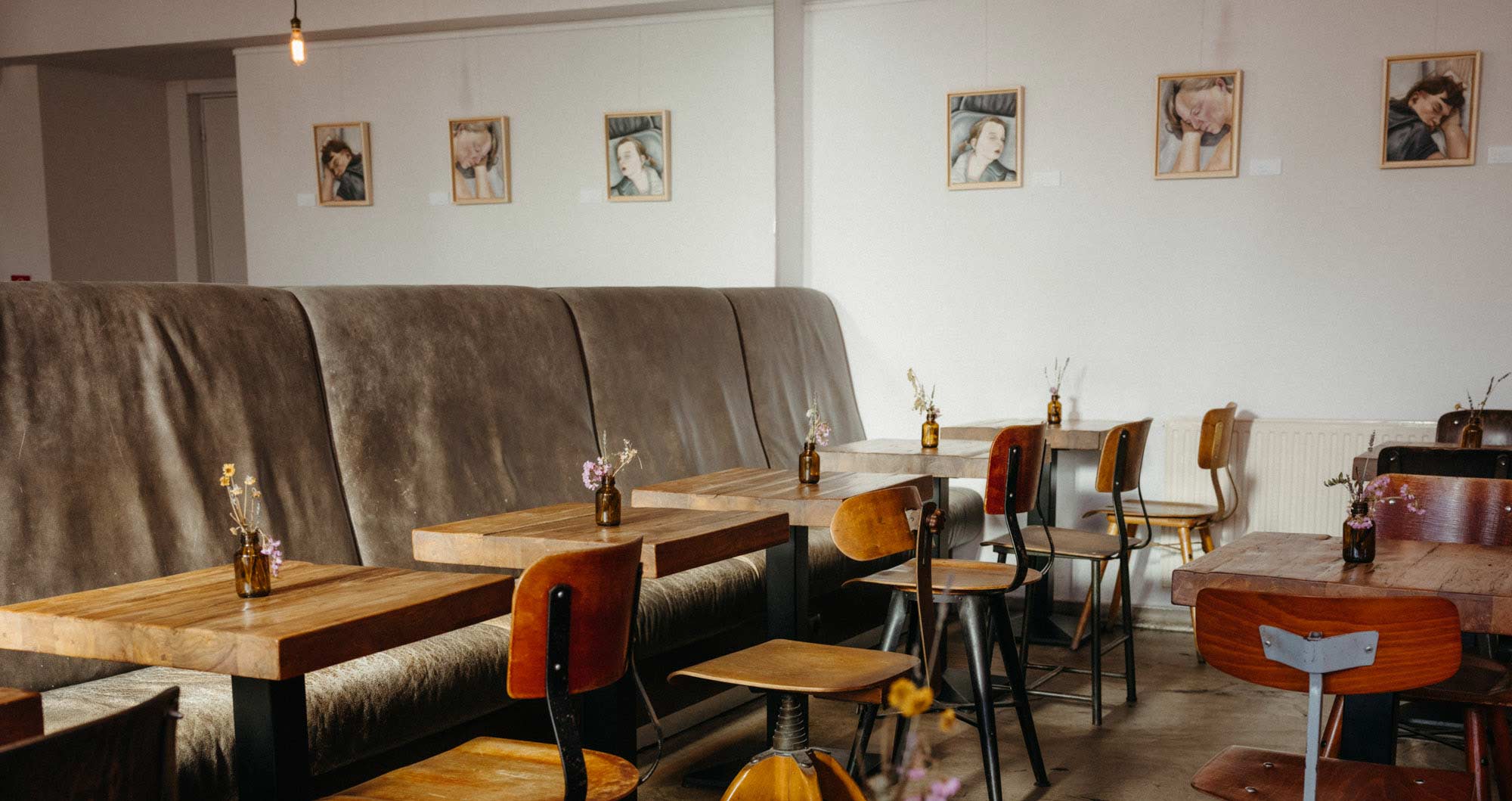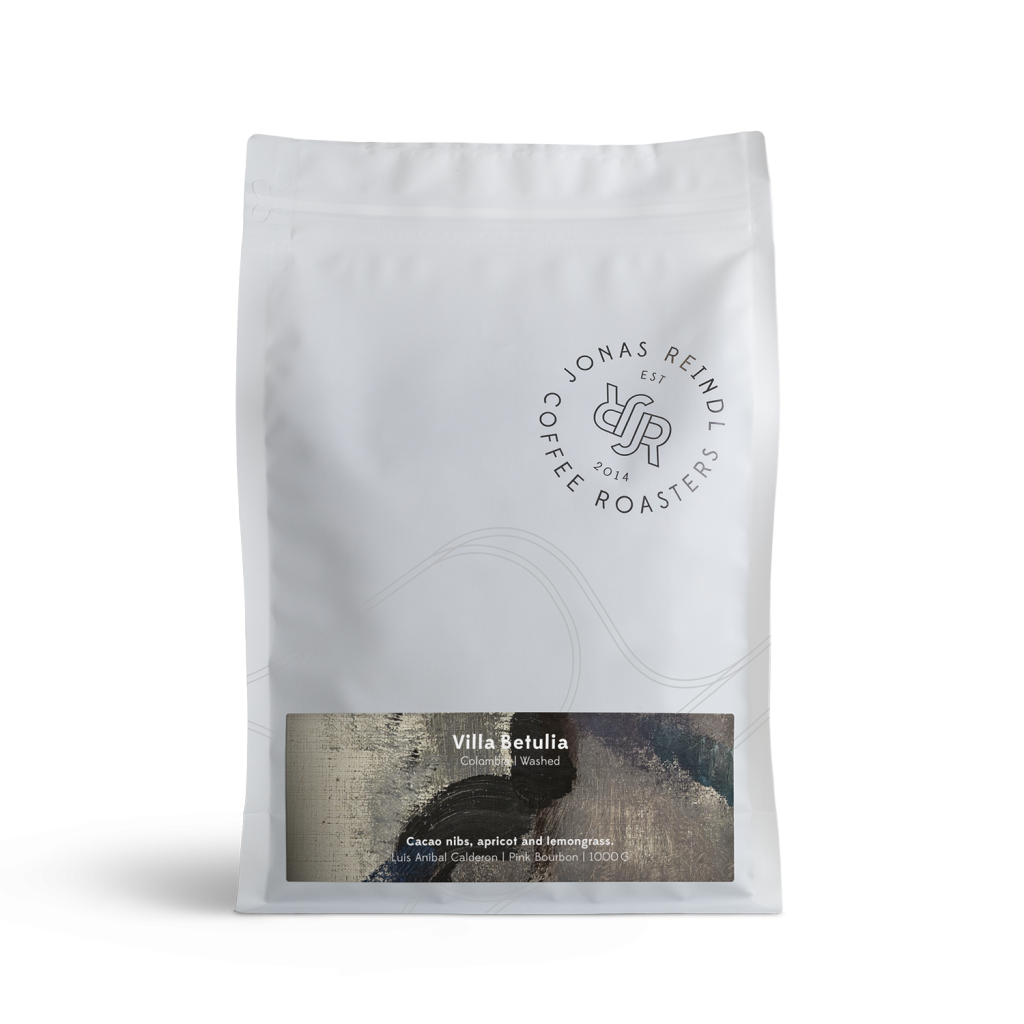
Villa Betulia
€66,00 incl. VAT
Taste Profile
Cacao nibs, apricot and lemongrass.
Additional information
| Country | Colombia |
|---|---|
| Region | Acevedo, Huila |
| Farmer | Luis Anibal Calderon |
| Variety | Pink Bourbon |
| Altitude | 1.500 – 1.600 masl |
| Processing | Washed |
Villa Betulia
Luis is a 2nd generation coffee farmer and has been working in this field for over 40 years now. But it hasn’t always been plane sailing for Luis.
Back in 2011, Luis was at serious risk of losing his farm to the bank. At that point, he was mainly selling his coffee on the C-market and the price he was receiving was barely enough to cover the cost of production, let alone repay the loan he had taken out to purchase land to extend the size of his coffee farm. It was at this point Luis approached his local town’s Specialty Coffee Association. They were willing to pay 15% above the C-price, not enough to truly reward Luis for the extra effort required to produce specialty grade coffee but enough to sustain Luis and drive him to explore this avenue of the industry further. As a result, in 2012 he planted 5,000 Gesha trees and after waiting an arduous three years for the trees to bear fruit, Luis was converted.
Luis has worked to improve his processing methods for high-end micro-lots. He is now a master in many processing methods such as Extended Fermentation, Honeys and Naturals alongside his proficiency with Washed lots
Credit: Cofinet
Our coffee is treated with care
Meticulous Quality
We hope to provide our customers with the best and therefore pay close attention to all factors affecting the quality of our coffee. These include cultivar, growing altitude, climate, soil chemistry, harvesting and processing conditions, drying method, storage conditions, transportation, roasting conditions, grind size, brewing water and brewing recipes.
Highly Curated
Each one of our coffees is carefully selected by our roasting team. Before we buy in bulk, we go through many samples from different specialty coffee estates. Often times we are working with the most renowned coffee producers in the world.
Small Batch Roasting
All our coffee is roasted in our Roastery in Westbahnstraße 13, in Vienna. We roast small batches (10kg max) because we have better control over all the parameters that impact the flavour profile and can therefore better guarantee consistency.
Ethically Sourced
We ensure traceability for all our coffees. Our house Espresso from Nicaragua is directly traded without any middle-men and when we go through a wholesaler, complete transparency is a must. We want to provide our customers with the ability to know where their coffee comes from down to the name of each farmer.




